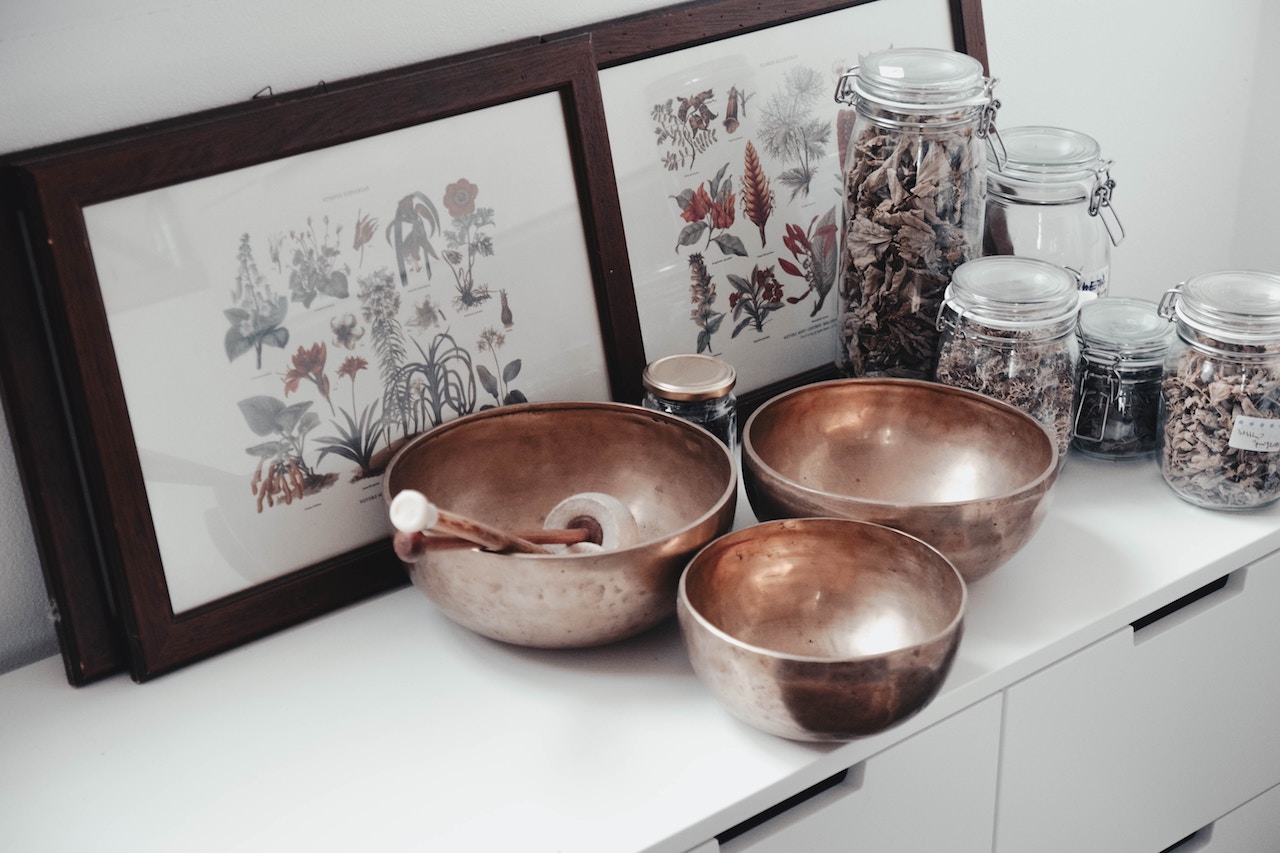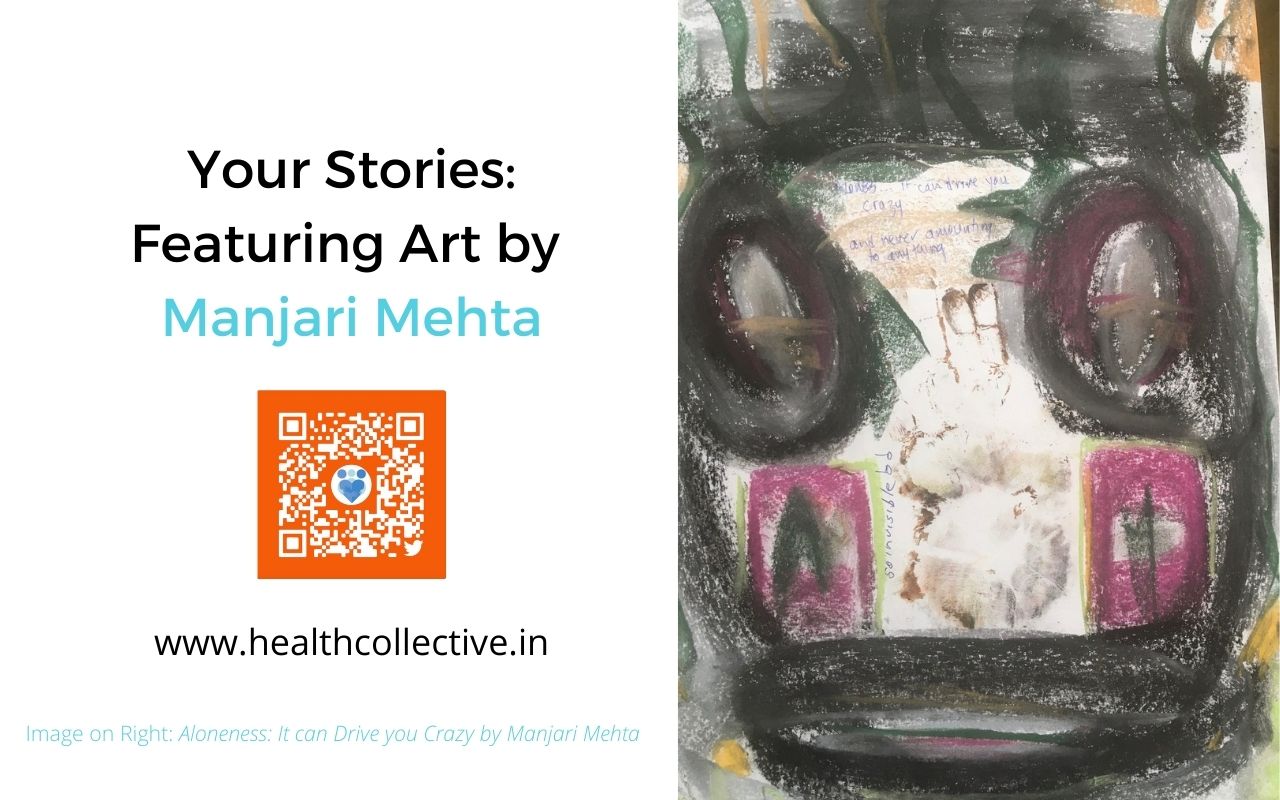Your Stories: How to Navigate Relationships and Love With Depression
By Shubhrata Prakash
Valentine’s Day is just around the corner, and to use a cheesy line, well, “Love is in the air”! However, love is not always romantic love. Love defines so many relationships in our lives. Love for our parents, love for our children, love for our siblings and the extended family. Love for our friends. Love for our work or profession. Love for our passions and interests. Love even for our own selves.
Yet, having a mental illness or mental disorder blights love – we lose all of it. The darkness and cognitive distortions of Major Depressive Disorder (MDD) make one forget love for one’s own self.
MDD makes us feel worthless and unloved, and this contortion of one’s thought processes turns out to be a self-fulfilling prophecy; because we feel unloved, we stop loving ourselves. We stop taking care of ourselves. We have no energy or interest in basic hygiene, grooming, eating well and exercising. We lose interest in activities that we once enjoyed or even loved. Sometimes, we may even turn to deliberate self-harm. In extreme cases, we often fall out of love with existence itself. Any relationship, whether with ourselves or with other people or with our profession and interests, needs to be tended to in order for it to stay alive, grow healthily, and bear fruit. MDD leaves us so bereft of energy and passion, and most importantly hope, that we have nothing to offer, and thus, all our relationships suffer.
ALSO READ: LIVING WITH DEPRESSION, HEALING…
MDD is not a very well understood disorder, and its causation still remains unexplained. What is known, however, is that MDD has been found concomitantly with changes in the brain – changes in the structure, chemistry, electrical activity, and thus, neural pathways. It is possible, though not definitive, that these changes are responsible for the changes in a person’s thoughts and behaviour when they are affected by MDD. A person with MDD suffers several cognitive distortions including NATs (Negative Automatic Thoughts) and Rumination (thinking the same negative thoughts over and over again). This makes past hurts and failures keep playing on a loop in their minds. Cognitive distortions lead to emotional pain and feelings of worthlessness, helplessness and hopelessness. These distortions make it extremely difficult to maintain healthy relationships. Relationships get put through the filter of these cognitive distortions, and people on all sides end up feeling hurt. People on the other side of the Depression filter are unable to figure out why their loved one is behaving in such a hurtful manner, while the person affected by MDD is unable to figure out one, that their thoughts are distorted, and two, why their loved ones cannot understand their pain or their helplessness.
ALSO READ: COGNITIVE BEHAVIOURAL THERAPY AND DEPRESSION
Another aspect of MDD and its relationship with relationships is the application of social stigma. Loved ones are often not aware of MDD being an illness, and may believe MDD to be a choice. They may believe the age-old myth that Depression is just sadness and may buy into the stigma attached to such an approach to MDD. As a result, they further stigmatise the sufferer with useless advice and triggering questions. The sufferer may withdraw further and go into a shell to protect themselves from their loved ones who ironically, are supposed to protect them. This stigma sometimes also forms the basis of social anxiety, though social anxiety is often an integral part of MDD, and social anxiety results in further isolation and breakdown of social relationships.

More than anything, MDD saps the life strength out of affected people. When one is not able to get out of bed, or take care of oneself, where is the question of taking care of anyone else? Spouse, children, parents – I have often felt a tremendous degree of guilt and pain because I have not been able to fulfil my responsibilities towards these loved ones. At such times, the attitude of the loved ones towards the sufferer really matters. Understanding and supportive families profoundly boost recovery chances and relapse prevention, while unsupportive and critical families create an additional burden for the sufferer to bear.
Families, friends and even co-workers often ask how they can help. Well, my advice remains what I’ve written in my book ‘The D Word’ – look towards the sufferer for guidance, go with their moods and needs which may change from minute to minute. Tough, isn’t it? But who said mental illness was easy? One also needs to keep looking out for information available on various platforms, or seek out peer support groups, wherever they exist. A little love, kindness and compassion will go long miles in helping your loved ones. One less spoken about facet of romantic relationships when one is on anti-depressants is that some anti-depressants may cause sexual dysfunction in some people. This needs to be discussed with the significant other or romantic partner – again love and understanding can help overcome even this difficulty in relationships.
ALSO READ: D IS FOR DEPRESSION
The saddest fallout of relationships and mental illness is when relationships break down. Spouses divorce their mentally ill spouse. Families turn out their mentally ill loved ones onto the streets. Extended families and society begin to actively isolate mentally ill people. Living with a mentally ill person is not easy, but turning one’s back on them in the darkest hour of their need is absolutely heart-breaking.
MDD is tough but not unbeatable, and with the right treatment and management, people with MDD can live a fulfilling life, including one with fulfilling relationships. All one needs is to keep the faith, and not give up. Love will find itself, despite mental illness, if only we give it a chance!
For anyone feeling triggered this Valentine’s Day, please reach out for help.
Some counselling and suicide helplines you could reach out to in India: iCall – 02225521111, Sumaitri – 01123389090, Lifeline – 03324637401, Sneha – 04424640050, Parivarthan – 08065333323
You’ll find more helplines listed here
Views expressed are personal.
Disclaimer: Material on The Health Collective cannot substitute for expert advice from a trained professional




